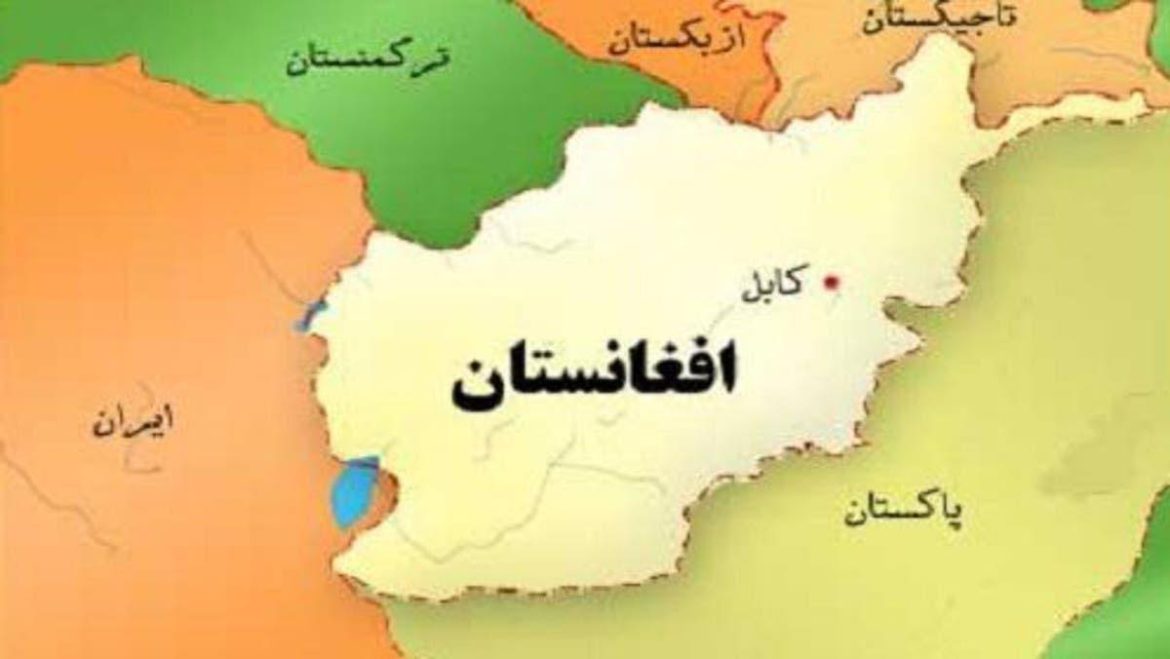In this part of the study, we will discuss the effects of the Soviet invasion of Afghanistan on the Soviet Union in terms of political, military, economic and social effects.
1- Political: The political system was subjected to great external and internal pressures in opposition to the war, which the political leadership failed to convince the people of its feasibility, not to mention the international community’s rejection of the war. The results of this war led to the final nail in the coffin of the political system, and then the dissolution of the Soviet Union and the transformation of the world into a unipolar system.
2- Military: The Red Army and its military arsenal fought fierce battles in different and difficult terrains, not to mention the vast areas against the Afghan fighters who were desperate to defend their land despite possessing only light and medium weapons. Support came from the western camp, led by the United States of America, and the delivery of shoulder-mounted missiles. Stinger anti-aircraft and Chinese weapons shipments purchased by the Arab Gulf states, which inflicted heavy losses on the Soviet forces, which led to problems for the Soviet army not only in terms of material and human losses, but also in terms of the military doctrine of the Soviet fighter and the people’s view of them.
3- The economic: the cost of the war was high in relation to the capabilities of the Soviet Union, as it amounted to 70.5 billion dollars during the ten-year period of the occupation. The Soviet Union, which is the largest producer of energy, fuel, steel and wheat in the world, suffers from a great shortage and tends to import many of its needs from the market In addition to US and international sanctions to force him to stop the war and withdraw from Afghanistan, all of the above had a significant impact on the living conditions of the citizen and led to their deterioration.
4- Social: One of the grave mistakes of the Soviet political and military leadership was to send troops to Afghanistan, including Soviet Muslim soldiers from Islamic republics such as Tajikistan, Uzbekistan and Turkmenistan, so there were cases of these soldiers fleeing and joining the fight with the Afghan side, not to mention the influence of some by Islam and their conversion to Islam, in addition to the leadership’s concern There is a growing feeling among the citizens of these republics that Islam is incompatible with communism, contrary to what is promoted by the communist regime in Moscow and the regimes loyal to it.
The Soviet withdrawal came, bringing with it fighters burdened with a psychological struggle between right and wrong, and the horrific crimes they left behind against the Afghan people, who had no sin other than defending their land.
To be continued
* It is strictly forbidden to use the information and the studies contained on this site, except with prior permission from the administration and the authors Thualfuqar center.

